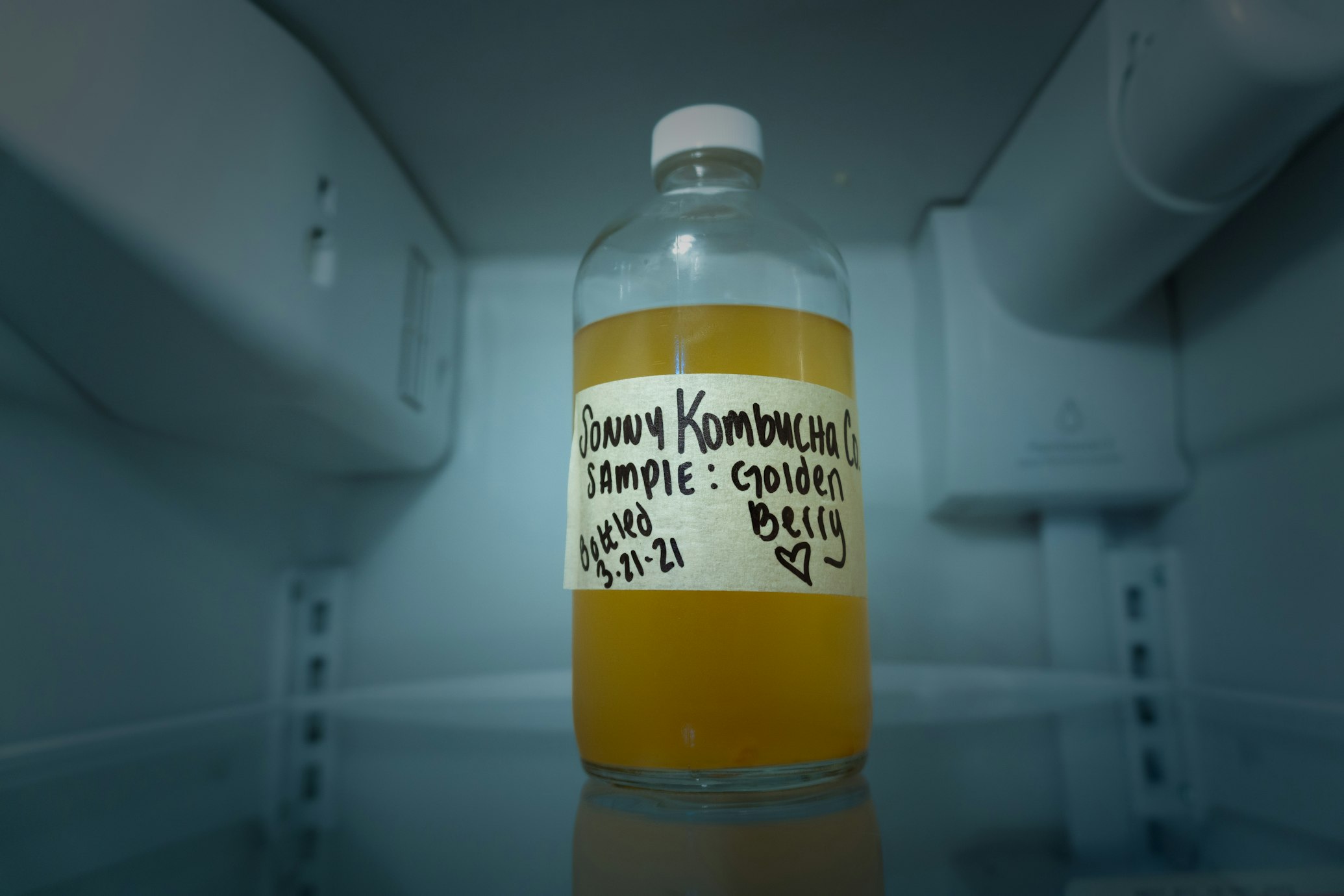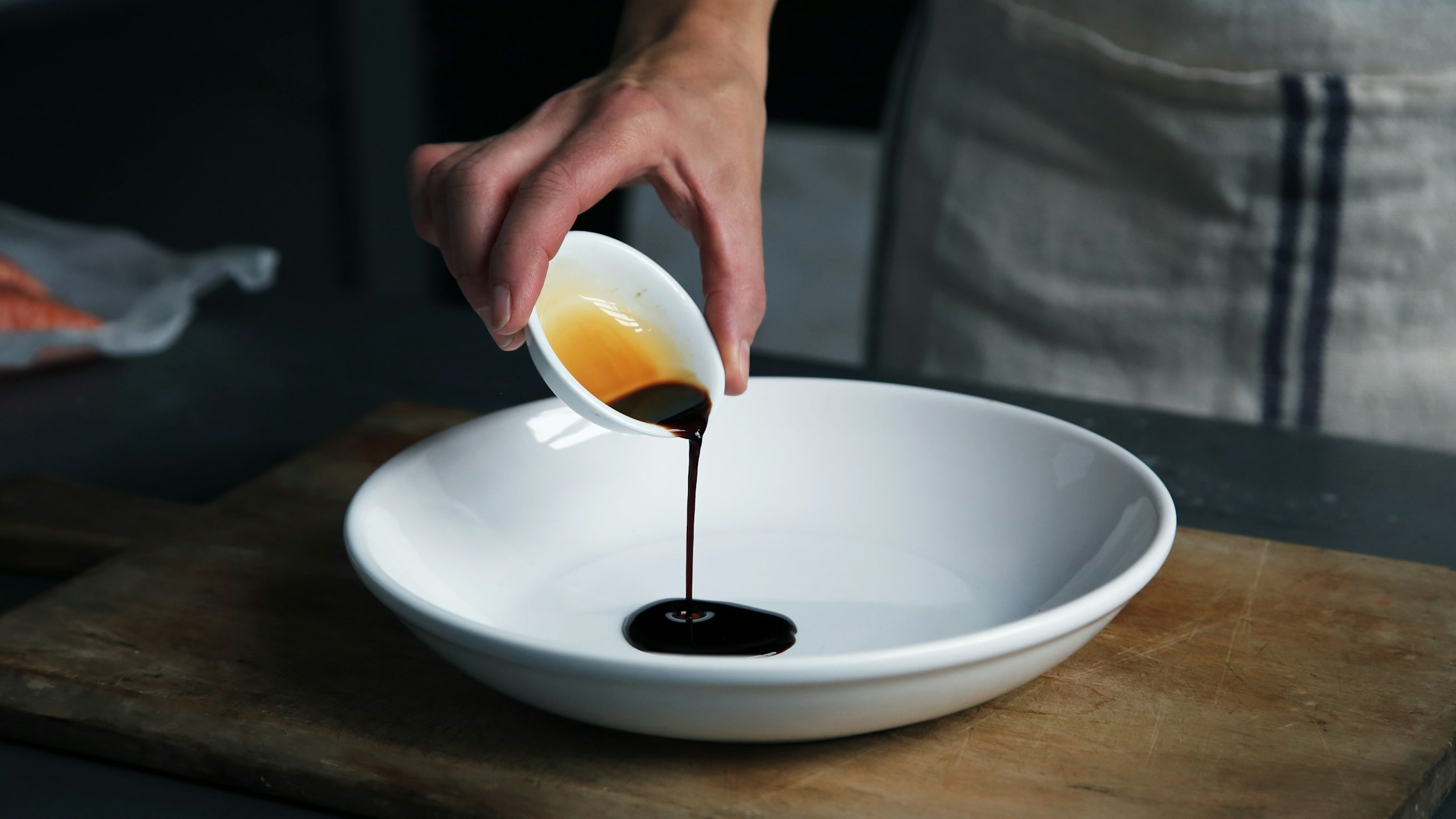Popular across cultures, fermented food is known as a provider of “good” bacteria that contributes to a healthy digestive system. Long before the days of refrigeration, fermentation is an ancient technique for preserving food and drinks.
During fermentation, organic compounds like sugars and starch are converted into alcohol or acids by microorganisms like bacteria, yeast or fungi. In addition to being natural preservatives, they leave a very distinctive strong, salty, and slightly sour flavour. If you know what Marmite tastes like, then you’re familiar with the tang of fermentation.
Fermentation makes certain foods easier to digest (ie milk), eating fermented foods can help restore the balance of bacteria in your gut. It also makes it easier for your body to absorb vitamins and minerals, like iron and zinc, and promote the body’s ability to manufacture B and K vitamins.
Want to have a go at making your own ferments?
There are thousands of different types of fermented foods. These days, you can find kombucha on tap in bars, sourdough bread in cafes and huge varieties of yoghurt, sauerkraut, and kimchi in your local supermarket. But if you don’t want to spend the cash to buy them, you can also learn how to make them in your own home.
You don’t have to look far to learn how to ferment your own food and drinks. Here are some places that offer workshops in Singapore:
Kimchi
Who doesn’t like kimchi? This crunchy, tangy, and umami side dish contains its own type of lactic acid bacteria (Lactobacillus kimchii). Cabbage-based kimchi is also high in vitamins and minerals, like iron and vitamins K and B2! Sadly, most of today’s store-bought kimchi are done quickly without much fermentation, and some even use artificial preservatives.
You can learn how to make kimchi from a Korean perspective! Chef Yoonsun‘s (Bishan) kimchi workshops end with a sampling of different types of kimchi, along with simple Korean food in an intimate private dining experience. The 2.5 hour experience with private dining starts from S$108.
Probiotic drinks: kombucha, kefir, and more

Fermented drinks like kombucha, kefir, and kefir water can help your gut get a healthy boost of probiotics. With the correct fermentation, fruits will also produce nourishing fruity probiotics to promote a healthier digestion.
Gardens With Purpose offers 1-day (9:30am-5pm) hands-on workshop on fermenting a range of probiotic beverages, including kombucha and water kefir, as well as how to make yoghurt, calamansi drink, and fruit enzymes without starter. This workshop (S$280) is ideal for those who want to go into organic food production. They also run numerous all-day workshops, including fermented foods like kimchi, sauerkraut, achar, etc.
The Fermentory by Craft & Culture, a dedicated fermentation lab, also conducts workshops on kimchi and kombucha ($135).
Sourdough bread

Sourdough is slow-fermented bread that uses sourdough starter – a fermented culture – instead of commercial yeast in order to rise. Sourdough has a characteristic tangy flavour, and is more digestible than most breads as the long fermentation help to break down the gluten (it’s also lower in gluten than other breads). According to some studies, sourdough bread acts as a prebiotic.
My Organic Spoon (Kampong Bahru) is a culinary school that has sourdough workshops. Their Regular Sourdough (S$260) course teaches you to make an artisan bread and focaccia. You can also learn how to make your own starter ($99).
Soy Sauce

Soy sauce is one of the most famous condiments in the world, and it’s safe to say that every Asian household has a bottle of the stuff. Naturally-brewed soy sauce – which is produced over the course of months or years – is made from fermented soybeans and wheat using fermenting agents like mold or yeast. Soy sauce (and its many varieties) is more than just a source of salt – it may promote gut health and has antioxidants.
Nanyang Sauce, which produces naturally-fermented soy sauce locally, conducts their half-day Nanyang Sauce Academy (S$365) with a third generation sauce master. The experience includes an artisan sauce-making kit. You’ll learn about naturally-fermented soy sauce, and care for your fermenting sauces over the next 9 months.
While fermented foods are great for your gut and are all the rage at the moment, it may not be good for everyone. If you’re new to fermented foods or aren’t used to a fibre-rich diet, you may experience symptoms such as bloating and flatulence. As with all things, proceed with caution!












